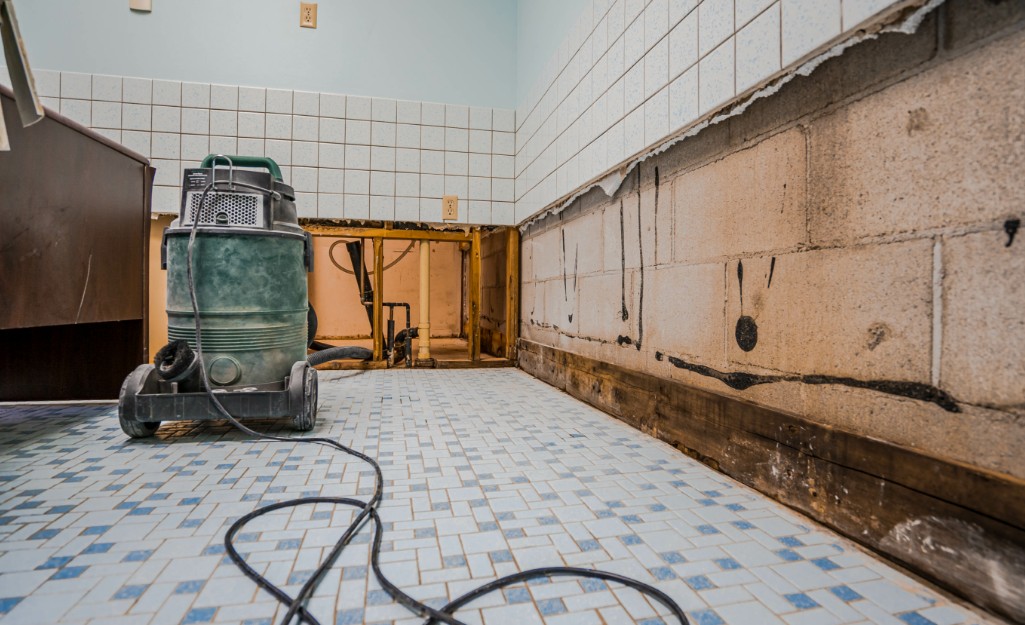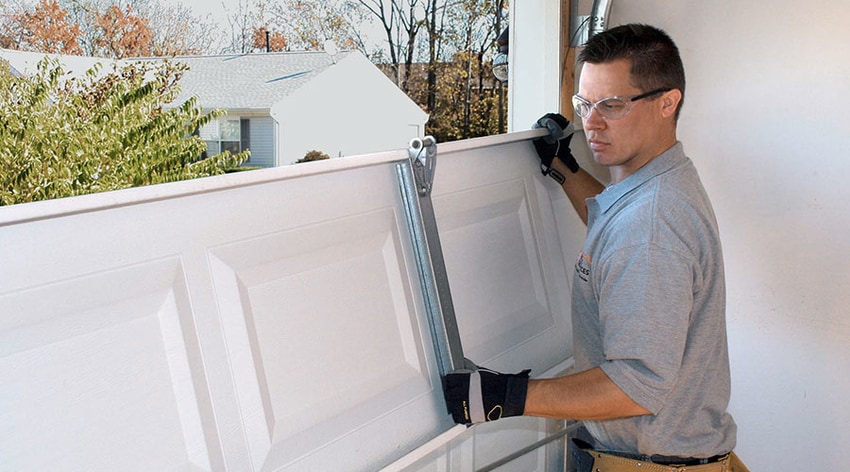Should You Hire a Renovation Contractor or DIY?

When it comes to home improvement, one of the biggest decisions homeowners face is whether to hire a renovation contractor or take on the project themselves. Renovating your home can increase its value, improve your living space, and enhance overall comfort, but deciding who should carry out the work requires careful thought. This article explores the advantages and disadvantages of hiring a renovation contractor versus doing it yourself (DIY), helping you determine the right choice based on your skills, budget, and the scale of your project.
Understanding Your Renovation Needs
Before deciding between hiring a renovation contractor or going DIY, assess the complexity of your project. Are you updating a bathroom, remodeling a kitchen, adding a new room, or simply repainting walls? Larger projects with structural changes, plumbing, or electrical work usually require the expertise of a professional. On the other hand, smaller aesthetic updates might be manageable on your own.
Benefits of Hiring a Renovation Contractor
Expertise and Experience
A renovation contractor brings years of hands-on experience and technical knowledge to your project. They understand building codes, permits, materials, and timelines. This ensures your renovation is completed efficiently, safely, and according to standards. Experienced contractors also have a network of skilled tradespeople—such as electricians, plumbers, and carpenters—who contribute to high-quality results.
Project Management
One of the major advantages of hiring a renovation contractor is their ability to manage the entire project. From design to execution, they handle planning, sourcing materials, scheduling, and supervising work. This saves homeowners the stress of coordinating various tasks and contractors, which can be overwhelming and time-consuming.
Time Efficiency
Time is valuable, and a professional renovation contractor can typically complete projects much faster than a DIY approach. While DIYers often juggle work, family, and renovation on weekends or evenings, contractors focus on your project full-time. This reduces the duration of inconvenience in your home and speeds up the path to completion.
Quality and Warranty
A renovation contractor’s work is often backed by warranties, giving you peace of mind. Quality craftsmanship and attention to detail are key priorities for professionals, especially since their reputation depends on customer satisfaction. If something goes wrong after the project is finished, many contractors will return to fix the issue under warranty.
Benefits of DIY Renovation
Cost Savings
The most appealing reason for choosing the DIY route is to save money. Without labor costs, homeowners can significantly reduce overall expenses. If you have basic skills and access to tools, small to medium-sized projects like painting, flooring, or installing shelves can be done at a fraction of the cost.
Creative Control and Flexibility
DIY projects offer full control over every aspect of your renovation. You can work at your own pace, make design changes on the fly, and select materials that suit your style and budget. This level of flexibility is often limited when working with a renovation contractor, who follows a more structured plan.
Personal Satisfaction
Completing a home improvement project yourself brings a unique sense of achievement. Whether you’re building a deck or tiling a bathroom wall, the end result is more than just a finished project—it’s something you created with your own hands. For many, the learning experience and pride in workmanship outweigh the convenience of hiring help.
Challenges of DIY Renovation
While DIY can be rewarding, it comes with significant challenges. Lack of experience can lead to costly mistakes, safety risks, and subpar results. Projects may take much longer than expected, especially when you’re learning as you go. Additionally, handling permits, inspections, and building codes can be confusing and stressful without professional guidance.
When to Choose a Renovation Contractor
If your renovation involves major structural changes, electrical rewiring, or plumbing, hiring a renovation contractor is the safer and more efficient choice. These tasks require specific certifications, and errors could lead to serious consequences. Also, if you have a tight timeline or limited availability, it’s best to let a professional take over. Busy homeowners often find that paying for expert services is worth the time and energy saved.
When to Consider DIY
DIY works best for cosmetic updates and smaller projects that don’t involve technical expertise. Tasks like painting, replacing fixtures, updating cabinet hardware, or laying peel-and-stick tiles are great for DIY. For instance, many homeowners choose to upgrade their bathrooms by installing eco-friendly fixtures such as High Sierra Showerheads, which not only conserve water but also enhance the overall showering experience. If you’re handy, detail-oriented, and have the time to commit, you can take on slightly larger projects like installing a backsplash or building furniture.
Cost Comparison: Contractor vs. DIY
The financial aspect plays a major role in your decision. Hiring a renovation contractor includes labor charges, design fees, and material markups. While the costs are higher, you’re paying for expertise, speed, and a streamlined process. With DIY, you save on labor but may face additional costs for tools, equipment rental, and correcting mistakes. In some cases, poorly executed DIY work could reduce your property’s value or require professional repairs later, offsetting initial savings.
Blended Approach: The Best of Both Worlds
Some homeowners find success using a blended approach. You can hire a renovation contractor for the critical aspects of a project—such as structural work or installations—while handling the finishing touches yourself. This method provides the benefits of professional help without the full price tag, and still allows room for personal creativity and involvement.
Key Considerations Before Making a Decision
- Skill Level: Do you have the technical know-how for the job?
- Budget: Can you afford a contractor, or do you need to cut costs?
- Timeline: Do you have time to complete the renovation yourself?
- Project Scope: How complex is the renovation?
- Legal Requirements: Are permits or inspections required?
- Tools and Equipment: Do you already own or need to buy/rent tools?
Final Thoughts
The decision between hiring a renovation contractor or choosing DIY comes down to the nature of your project, your skills, time, and budget. While a renovation contractor brings professional expertise, efficient management, and peace of mind, the DIY route offers cost savings, creativity, and personal satisfaction.





